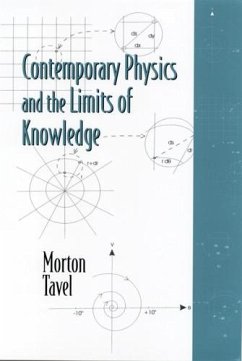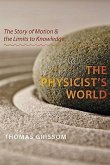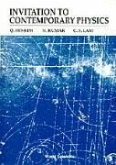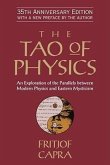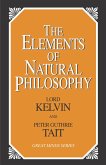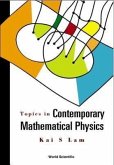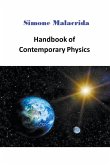Introductory physics is not often a popular class among liberal arts majors. But for the past thirty years, it has been a favorite at Vassar College thanks to Morton Tavel, who has enlightened and delighted the minds of nonscience majors with ideas that are introduced in this book. Tavel contends that every one of the six topics that he explores -- symmetry, special and general relativity, statistical physics, quantum mechanics, and chaos -- has played a role in telling us what we are unable to know about the physical world. He explains what each of the topics reveals about our attempts to pinpoint reality, and how each scientific revelation forces us to acknowledge a narrowing rather than a broadening of our knowledge and to make the language with which things can be described and explained more precise. For example, chaos theory reveals a way of understanding the randomness that seems so prevalent in nature. Weather, epidemic diseases, the erratic beating of a diseased heart -- all bear evidence of an underlying chaotic pattern. This important development unifies our understanding of many phenomena that had been previously thought unrelated. Yet chaos, like the other topics discussed in the book, represents a significant diminution in what we can hope to predict about the course of natural events. It has increased our knowledge or understanding of phenomena, but has seriously eroded our long-held, Newtonian vision of prediction and control. Tavel draws analogies from the arts, humanities, and social sciences, emphasizing the features of physics that make it a very human endeavor and serve to build bridges to all other intellectual disciplines. Although technical and mathematicaldetails have been kept to a minimum, the author says he follows Einstein's admonition that physics should be made as simple as possible, but no simpler.

